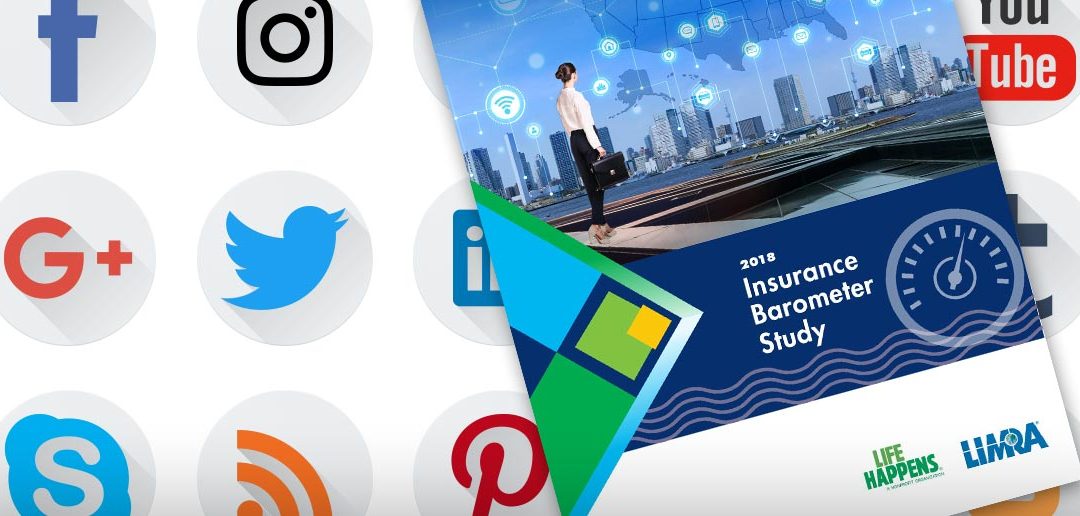
Join Our Twitter Chat About the Importance of Disability Insurance on May 1
On May 1, join Life Happens as we moderate a Twitter Chat focused on how important disability insurance is and why it is so critical for anyone who works and relies on their paycheck (and who of us doesn’t). Despite this fact, only 20% of employed Americans say they have disability insurance (2018 Insurance Barometer Study, Life Happens and LIMRA).
So, whether you are an industry expert or know nothing at all, we invite you to join us for a lively conversationl
Date: Tuesday, May 1 from 1:00 p.m. EDT to 2:00 p.m. EDT
Hashtag: use and follow #DIAMchat during the above timeframe
Use the link here, to follow the hashtag on Twitter during the above timeframe.
During the chat, we’ll be discussing the questions below from all-new research:
All statistics below come from the study “What Do You Know About Disability Insurance?” Life Happens, 2018
Q1: We found that 7 in 10 employed Americans say they would feel the financial pinch in a month or less without their paycheck. Does this statistic surprise you? #DIAMchat
Q2: More than half of Americans admit they know very little or nothing about their disability insurance. What problems could this lead to? #DIAMchat
Q3: 30% of employed Americans would first look to their family, partner or friends for financial support if they were sick or injured and couldn’t work. Do you feel this number is high? #DIAMchat
Q4: We found employed men know more about their favorite sports team (54%) than their own disability insurance (41%). Let’s discuss? #DIAMchat
Q5: Let’s talk Millennials. We found that Millennials who are working know much more about their favorite TV show (95%) than their disability insurance (35%). How can we reach younger consumers about this important topic? #DIAMchat
We look forward to seeing you there!




